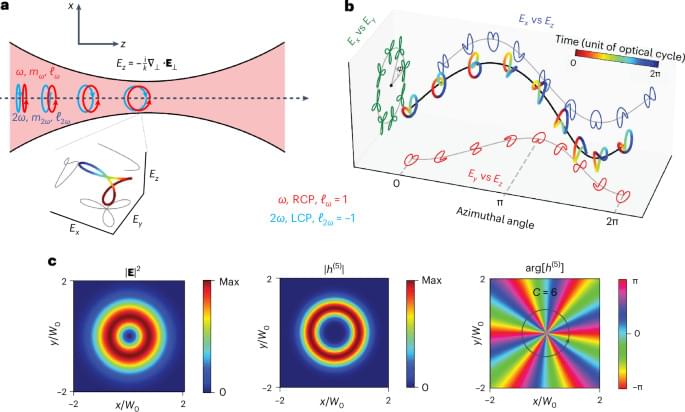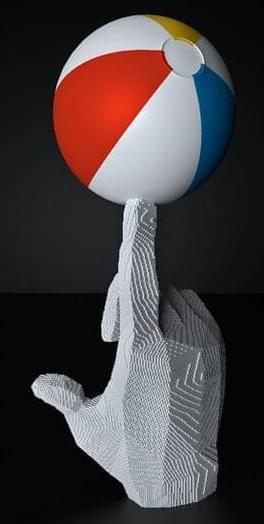Figure 5 is the second key result of our work. It demonstrates a robust route to decomposing the contributions to the overall chiral optical signal, originating from interfering pathways encoding different topological charge. The decomposition relies on straightforward Fourier analysis of the far-field image. Given the ability to precisely control the orientation of the polarization ellipse of the incident infrared light, chiral topological light generated by such infrared drivers stands out as a robust probe of molecular chirality, capable of inducing strongly enantiosensitive total intensity signals as well as giant rotations of intense spectral features.
The concept of chiral topological light introduced here is not limited to vortex beams: other members of the larger family of structured light beams32,33,34 can be used to create locally and globally chiral topological light. We envision using tightly focused radially polarized beams, which are known to posses strong longitudinal components35, central to the concept of local chirality. Skyrmionic beams36,37 could also be used, for example to induce topological distributions with radially dependent topological charges. From the perspective of structured light32,33,34,38 the temporally chiral vortex introduced here represents a new kind of polarization singularity, which could be analysed by extending the current framework from monochromatic 3D fields39,40 to polychromatic 3D fields13,41,42.
Our method is not limited to high harmonics. Its extension to low-order parametric processes such as chiral sum-frequency generation43 has potential for non-destructive enantiosensitive imaging in the ultraviolet region and for exploiting intrinsically low-order nonlinearities for enantiosensitive detection in the X-ray domain16,17.



